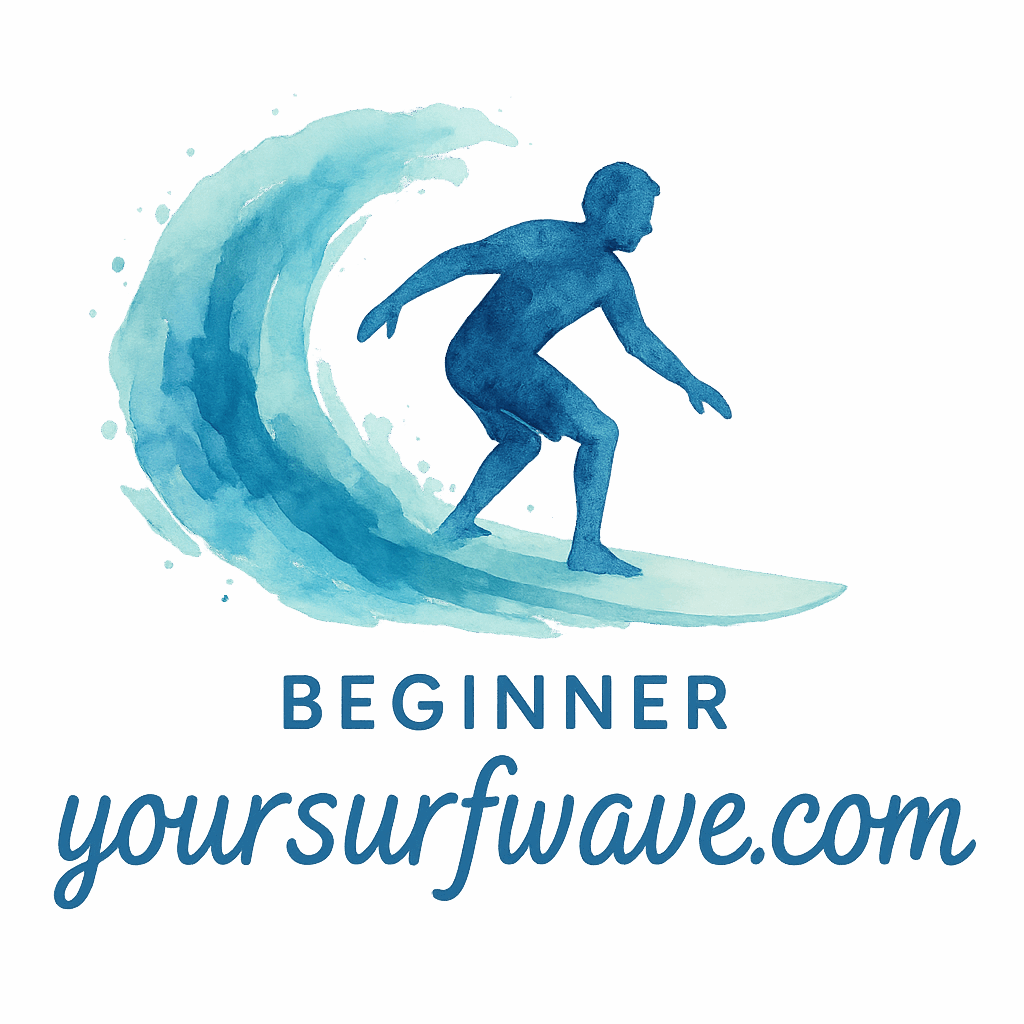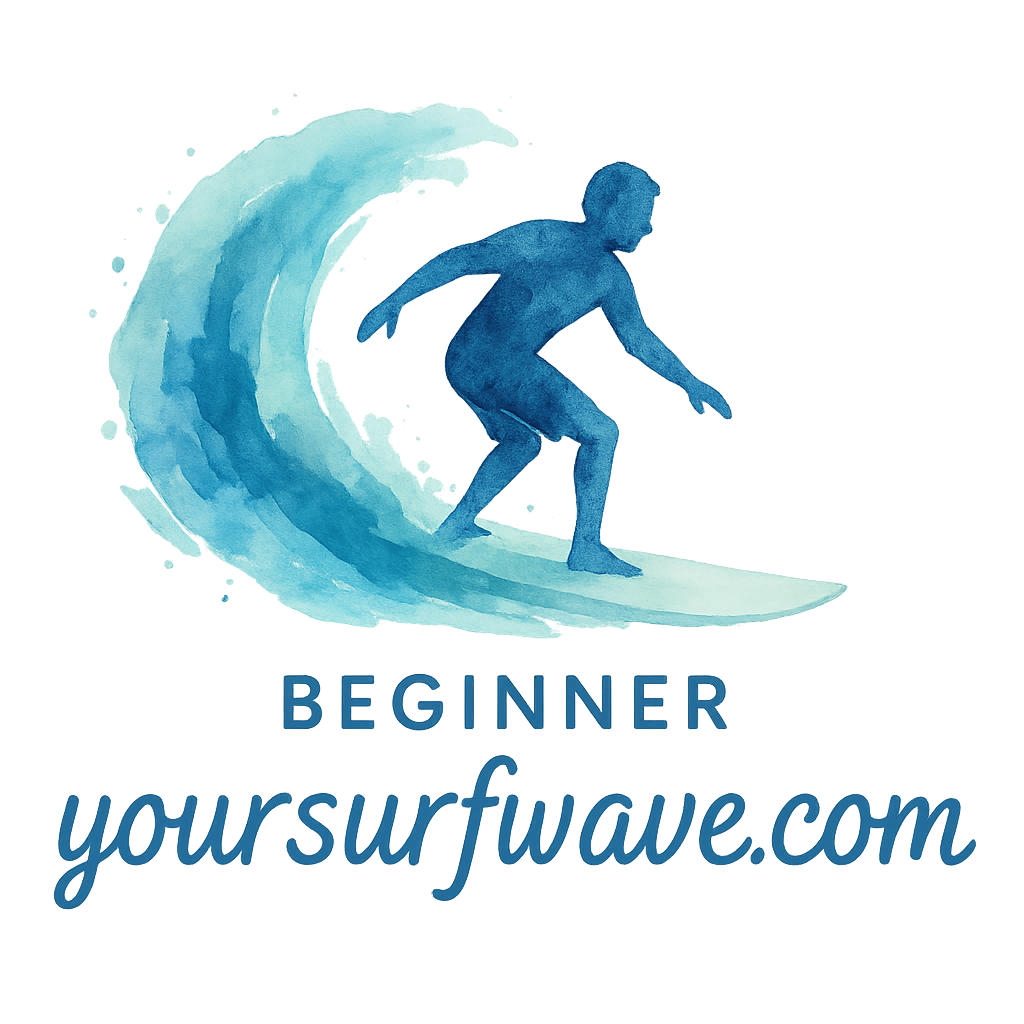Surfing isn’t just about standing on a board—it’s about control, balance, and reacting to unpredictable waves. And behind every smooth ride is a strong core foundation. The good news? You don’t need a gym membership to train like a surfer. These 7 at-home surf training core workouts for stability will help you strengthen your abs, back, and obliques so you can paddle longer, pop up faster, and carve more confidently.
Why Core Stability Matters for Surfers
The Connection Between Balance and Core Strength
Think of your core as the wax on your surfboard—it keeps everything steady. Surfing demands constant micro-adjustments, and without core strength, your balance crumbles. A stable midsection acts like an invisible leash, keeping you connected and centered no matter how the wave shifts.
If you’re new to surfing, you can explore more on surf basics to understand why body alignment and balance matter from day one.
How Core Workouts Improve Surf Performance
Core-focused training does more than build six-pack abs. It improves paddling power, helps with quicker pop-ups, and makes turning on waves feel fluid instead of forced. Plus, a strong core reduces fatigue so you can stay out longer, a point emphasized in surf benefits.
Preparing for At-home Surf Training
Choosing the Right Space and Gear
One of the best parts about at-home surf training is that you don’t need expensive setups. A yoga mat, a stability ball, and maybe resistance bands are enough. If you want to explore more tools for building strength and endurance, check out surf gear.
Warm-up and Mobility Exercises
Warming up is non-negotiable. Just like checking the swell before paddling out, you need to prepare your body. Dynamic stretches like torso twists, hip openers, and cat-cow movements keep your muscles flexible. For ideas, see indoor exercise routines that pair perfectly with core training.

7 At-home Surf Training Core Workouts
1. Plank Variations
Planks mimic the paddling stance and challenge your entire core.
Forearm Plank
Hold a straight body line on your forearms, keeping abs tight for 30–60 seconds.
Side Plank
Prop on one elbow, lift your hips, and hold. This strengthens your obliques, vital for carving waves.
Plank with Shoulder Taps
From a high plank, tap each shoulder without rocking. It’s perfect for anti-rotation stability, a skill highlighted in surfing tips.
2. Russian Twists
Sit with bent knees, lean back slightly, and rotate your torso side to side. This strengthens the twisting power you need when cutting across a wave face.
3. Stability Ball Rollouts
Kneel with forearms on a stability ball, roll forward slowly, then pull back. This engages deep abdominal muscles used during long paddling sessions.
4. Bird Dog Exercise
From all fours, extend opposite arm and leg, hold, then switch. It improves balance and coordination, essential for smooth pop-ups. If you’re still learning, check out learn to surf resources.
5. Dead Bug Movement
Lie flat, arms up, knees bent at 90 degrees. Lower one arm and the opposite leg at the same time while keeping your lower back pressed down. It teaches core control, preventing lower back strain.
6. Mountain Climbers
In a high plank, drive knees toward your chest as if running. It combines cardio and core—building stamina for duck dives and long sessions.
7. Pilates-inspired Leg Lifts
Lie on your back, legs together, and lift them slowly upward before lowering without touching the floor. This builds explosive strength needed for take-offs. Explore home workout variations to pair with this move.
How Often Should You Train Your Core?
Weekly Frequency for Surfers
Aim for 3–4 times a week of core work. Like wave reading, consistency is what makes progress stick.
Balancing Core Workouts with Surf Sessions
If you live near surf breaks, balance land training with water time. On flat days, replace surfing with a 20-minute indoor workout. For full routines, check surf fitness.
Surf Lifestyle Benefits of Core Strength
Injury Prevention
Strong abs and obliques protect your spine, shoulders, and hips. This reduces common surfing injuries. Learn more about surfing therapy and its benefits for recovery.
Better Paddling Endurance
When your core is strong, your shoulders don’t tire out as quickly. That means more waves caught and less frustration.
Mental Focus and Confidence
Core training also sharpens your body-mind connection. That mental clarity is one of the underrated aspects of surf lifestyle.
Tips for Maximizing Your At-home Surf Training
Tracking Progress
Log how long you can hold planks or how many sets you complete. Seeing growth fuels motivation.
Mixing Core Workouts with Full-body Surf Fitness
Surfing isn’t only about the core—it’s a full-body sport. Pair these moves with cardio and leg workouts. Start with beginner tips to build a well-rounded routine.
Conclusion
Core strength is your anchor in the ocean. These 7 at-home surf training core workouts for stability help you paddle harder, pop up faster, and stay balanced even in tricky conditions. By blending consistency, mobility, and surf-specific exercises, you’ll build the foundation every surfer needs to thrive.
For more inspiration, explore surf locations and plan your next surf adventure while staying surf-fit at home.
FAQs
1. Can I train my core without equipment?
Yes! Planks, bird dogs, and mountain climbers need no gear. For progression, see beginner surfboard friendly workouts.
2. How long should a workout last?
20–30 minutes is perfect for a consistent at-home session.
3. Are these workouts beginner-friendly?
Definitely. Start slow, then level up. Visit beginner surfing for easy guidance.
4. Can core training improve my pop-up?
Yes—stronger abs mean faster, smoother transitions.
5. How soon will I see results?
Most surfers notice better stability within 3–4 weeks of regular training.
6. Should I add cardio to core workouts?
Yes, blending cardio with strength builds endurance. Check surf travel tips to stay fit on the go.
7. Is at-home surf training enough if I don’t surf daily?
Absolutely. While nothing replaces water time, land training keeps you in peak condition between sessions.


